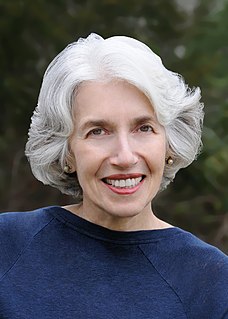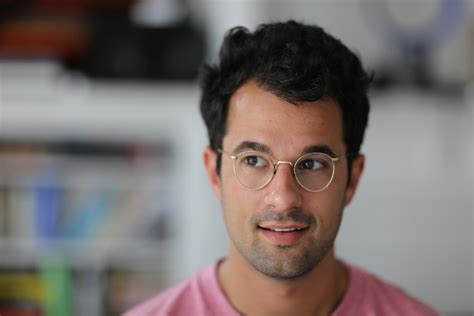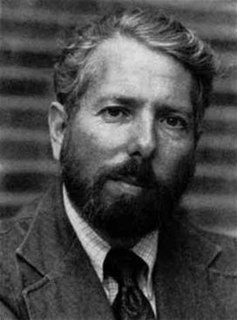A Quote by Dava Sobel
Earlier maps had underestimated the distances to other continents and exaggerated the outlines of individual nations. Now global dimensions could be set, with authority, by the celestial spheres. Indeed, King Louis XIV of France, confronted with a revised map of his domain based on accurate longitude measurements, reportedly complained that he was losing more territory to his astronomers than to his enemies.
Related Quotes
One describes a tale best by telling the tale. You see? The way one describes a story, to oneself or to the world, is by telling the story. It is a balancing act and it is a dream. The more accurate the map, the more it resembles the territory. The most accurate map possible would be the territory, and thus would be perfectly accurate and perfectly useless. The tale is the map that is the territory. You must remember this.
in that small [time] most greatly lived this star of England: Fortune made his sword, By which the world's best garden he achiev'd And left it to his son imperial lord. Henry the Sixth, in infant bands crown'd King of France and England did this King succeed; Whose state so many of had the managing, That they lost France and made his England bleed.
His face set in grim determination, Richard slogged ahead, his fingers reaching up to touch the tooth under his shirt. Loneliness, deeper than he had never known, sagged his shoulders. All his friends were lost to him. He knew now that his life was not his own. It belonged to his duty, to his task. He was the Seeker. Nothing more. Nothing less. Not his own man, but a pawn to be used by others. A tool, same as his sword, to help others, that they might have the life he had only glimpsed for a twinkling. He was no different from the dark things in the boundary. A bringer of death.
And still Meriadoc the hobbit stood there blinking through his tears, and no one spoke to him, indeed none seemed to heed him. He brushed away the tears, and stooped to pick up the green shield that Eowyn had given him, and he slung it at his back. Then he looked for his sword that he had let fall; for even as he struck his blow his arm was numbed, and now he could only use his left hand.
Perhaps even more than constituted authority, it is social uniformity and sameness that harass the individual most. His very "uniqueness," "separateness" and "differentiation" make him an alien, not only in his native place, but even in his own home. Often more so than the foreign born who generally falls in with the established.
There are no term limits on His reign. He has always been King and He always will be King. There is no death that threatens the perpetuity of His sovereign authority. There is no usurping of power by a lesser rival to His throne. There are no coups, no revolutions (at least, none that succeed). There is no threat of impeachment. He is a King who rules eternally.
Upon the publication of Goethe's epic drama, the Faustian legend had reached an almost unapproachable zenith. Although many failed to appreciate, or indeed, to understand this magnum opus in its entirety, from this point onward his drama was the rule by which all other Faust adaptations were measured. Goethe had eclipsed the earlier legends and became the undisputed authority on the subject of Faust in the eyes of the new Romantic generation. To deviate from his path would be nothing short of blasphemy.
When in the course of human events, it becomes necessary for one people to assume that their president, hostile to the principles that formed the nation and determined to act with malice toward its inhabitants by suppressing their rights and enabling its enemies to prosper in their attempts to destroy it, must be confronted, a rational response for the nation is to encumber itself no more with such a president and reject his authority and the acolytes who carry out his wishes.
It is natural that a man should consider the work of his hands or his brain to be useful and important. Therefore nobody will object to an ardent experimentalist boasting of his measurements and rather looking down on the 'paper and ink' physics of his theoretical friend, who on his part is proud of his lofty ideas and despises the dirty fingers of the other.
Experiment and Theory in Physics
Among other grand achievements, F. A. Hayek had a remarkable career pointing out the flaws in collectivism. One of his keenest insights was that, paradoxically, any collectivist system necessarily depends on one individual (or small group) to make key social and economic decisions. In contrast, a system based on individualism takes advantage of the aggregate, or 'collective,' information of the whole society; through his actions each participant contributes his own particular, if incomplete, knowledge-information that could never be tapped by the individual at the head of a collectivist state.






































